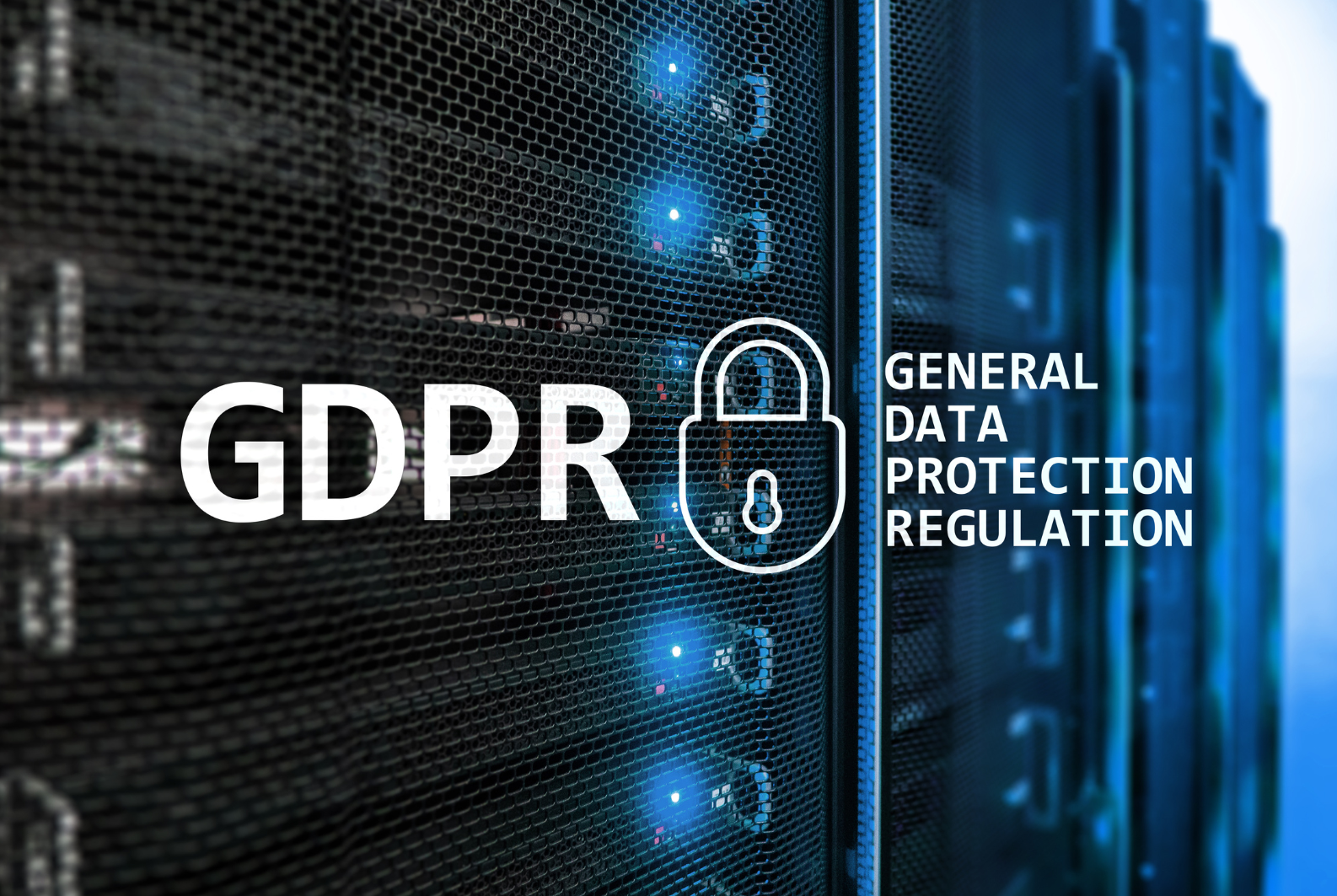At Black & White Accounting, we understand that managing financial records is an essential part of running a business. But with GDPR (General Data Protection Regulation) in full force, ensuring compliance with data protection laws is just as critical as keeping your accounts in order.
Failing to comply with GDPR can result in hefty fines, reputational damage, and legal consequences. So, how can you ensure that your financial records are secure, compliant, and properly managed? Let’s dive in!
What is GDPR and Why Does It Matter?
GDPR is a set of data protection laws designed to safeguard personal data and ensure individuals have control over their information. This applies to any business that collects, stores, or processes personal data—including financial records, payroll details, invoices, and tax documents.
Non-compliance with GDPR can result in fines of up to €20 million or 4% of annual global turnover—whichever is higher. It’s a big deal, and businesses must take the right steps to ensure compliance.
Key Steps to Ensure GDPR Compliance in Your Financial Records
1. Understand What Personal Data You Hold
The first step in GDPR compliance is knowing exactly what data you store, where it’s kept, and how it’s used. Personal financial data includes:
- Employee payroll records
- Client invoices and payment details
- Supplier banking information
- Tax records containing personal identifiers
➡️ Action: Conduct a data audit to map out all financial records that contain personal information.
2. Implement Strong Data Security Measures
Protecting financial data is essential to prevent unauthorised access, leaks, or cyber threats.
✅ Use encryption to secure sensitive financial information. ✅ Restrict access to financial records—only authorised personnel should handle them. ✅ Store data on secure, GDPR-compliant cloud platforms like Xero and A2X. ✅ Implement multi-factor authentication (MFA) for added security.
➡️ Action: Regularly update passwords and security measures to prevent breaches.
3. Set Clear Data Retention Policies
Under GDPR, businesses must only keep personal data for as long as necessary.
📌 HMRC requires financial records to be kept for at least 6 years, but once that period is over, data must be securely deleted.
➡️ Action: Create a data retention policy and ensure outdated records are removed properly.
4. Obtain Consent and Be Transparent
If you collect personal financial data, you must inform clients, employees, and suppliers why and how their data is used.
✅ Provide a privacy notice explaining how financial data is processed. ✅ Obtain explicit consent where required (e.g., storing customer payment details for recurring billing). ✅ Ensure contracts with third-party financial service providers include GDPR-compliant terms.
➡️ Action: Review all agreements to ensure full transparency and compliance.
5. Be Ready for Data Requests and Breaches
Under GDPR, individuals have the right to:
- Access their financial records
- Request corrections to errors
- Ask for data to be deleted (where applicable)
If there’s a data breach, businesses must notify the ICO (Information Commissioner’s Office) within 72 hours.
➡️ Action: Establish a GDPR response plan to handle data requests and potential breaches.
How Black & White Accounting Can Help
Staying GDPR compliant while managing financial records doesn’t have to be a headache. At Black & White Accounting, we help businesses: ✅ Implement GDPR-compliant accounting processes ✅ Use secure, cloud-based software like Xero and A2X ✅ Develop data retention and security policies ✅ Ensure compliance with HMRC and GDPR regulations
By working with us, you can focus on growing your business while having peace of mind that your financial data is protected, secure, and compliant.


